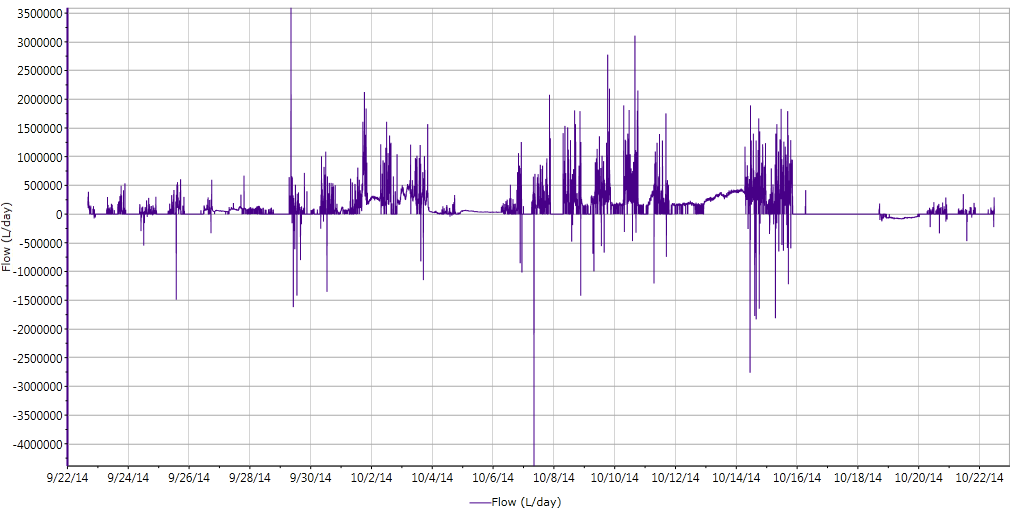|
Flow monitoring is an important component of a water management plan. It is useful to know the volume of water that is used while washing and processing as well as the volume that is discharged as waste. If the flows within the processing and washing facilities are monitored it may be possible to identify inefficiencies or opportunities where less water could be used. A complete understanding of water use within the plant can provide new information that can help with implementing recycling and reuse of washwater. If discharging is unavoidable flow monitoring is still very important because when considering wastewater treatment it is crucial to know what volumes will require treatment. The less water the better, and generally less expensive. Volumes are needed, along with pollutant concentrations, to calculate the loading of waste into a treatment system. This information is also vital for selecting a water treatment technology that will be suited to treat the washwater. There are several ways to monitor flow. A simple option is to use the flow rate of a pump and the amount of time it runs to estimate flows. Flow meters are an accurate and easy way to monitor flow, but they can be expensive. However, when a complete water management plan is being developed it is worthwhile to invest in proper flow monitoring equipment. By understanding the volumes of water used on a farm finding ways to decrease water-use and treat washwater becomes much easier.
1 Comment
|
Project UpdatesFind articles on project-related topics here Archives
December 2016
Topics
All
Article TitlesIntroduction to
Watersheds Lake Simcoe Watershed Nottawasaga Valley Watershed South-Eastern Georgian Bay Watershed Water, Water, Everywhere? The Trouble with Muck: Size Lesson Learned: Bottom- up Aerator to Treat Washwater in Settling Tanks Phosphorus, the Environment, and Farming Nitrogen’s Impact on Air, Land, and Water Water-borne Pathogens and Food Safety Defining Dissolved Oxygen Filter Bags Demonstration Site Organic Matter Breakdown & Biochemical Oxygen Demand Dealing with Cloudy Water Hydrocyclone Demonstration Test What IS Muck? Demystifying Oxidation- Reduction Potential News Release "Technology Investigation: Filter Bags" Drum Filter Demonstration Site Decomposing With(out) Oxygen Flow monitoring Lesson Learned: Drum Filter Optimization Polders & the Holland Marsh Vegetable Washing Process Dry Soil Removal Ultrafiltration & Deionization Demonstration Site News Release "Technology Investigation: Ultrafiltration & Capacitive Deionization" Progressive Passive Filtration Dissolved Air Flotation Clarifying the Solid Removal Process Factsheet Reading Order News Release: "Technology Investigation: Coagulation & Flocculation" Self-Indexing Filter Monitoring Discharge Flows Settling Soil Mass Loading Calculations Lesson Learned: Technology Selection Electrocoagulation Auto-Samplers |


 RSS Feed
RSS Feed
